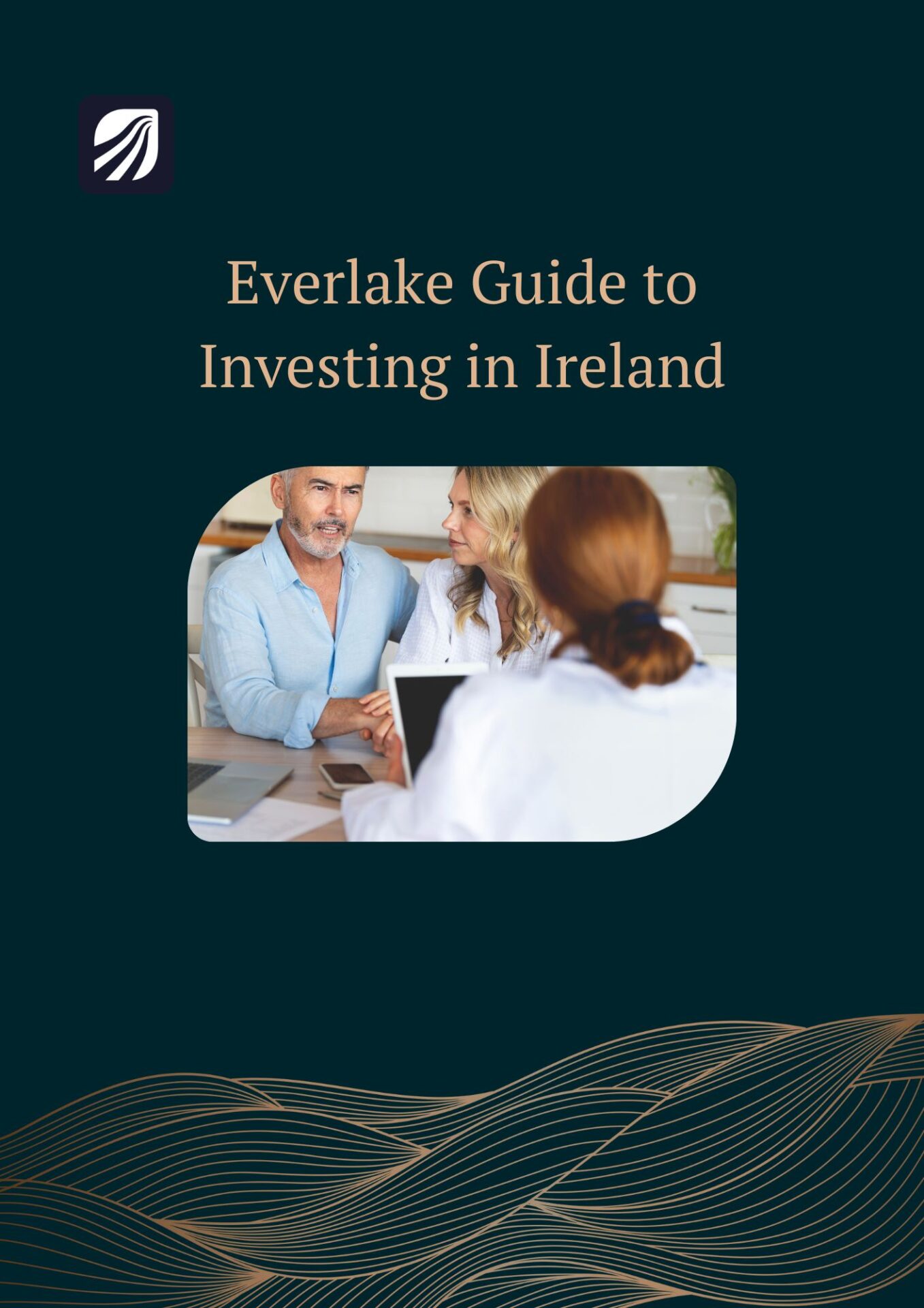Does anyone have any views on good investments for producing income (dividends, rents etc.)
Up until now my wife and I primarily invested in ETFs (pre tax rule changes). More recently it’s been a bunch of stocks, but predominantly Berkshire Hathaway (which pays no dividend).
My wife will be giving up work in the next while when we have kids, so looking to maximise her income bands @20% and also look for her to keep paying PRSI for state pension. So essentially we’re moving from wanting to maximize capital gains to maximising income instead.
We can probably pull together about €200k by the time she stops working.
Ideas thus far
• cheapish rental. This has highest yield by a mile but hassle and no diversification. I know everyone gives out here and says landlords are leaving, but strongly of the view this is because they’re all paying 50% tax and 7% interest on BTL mortgages, neither of which we’d have to do.
• some high paying dividend stocks. Seem to max out at 4-5% and generally not sectors I’d invest in normally.
• REITs. Pay decent yields and more diversified but have vastly underperformed direct property investment.
Rental does seem most attractive and my wife would be able to manage it on the side I guess.
Any ideas appreciated.
Up until now my wife and I primarily invested in ETFs (pre tax rule changes). More recently it’s been a bunch of stocks, but predominantly Berkshire Hathaway (which pays no dividend).
My wife will be giving up work in the next while when we have kids, so looking to maximise her income bands @20% and also look for her to keep paying PRSI for state pension. So essentially we’re moving from wanting to maximize capital gains to maximising income instead.
We can probably pull together about €200k by the time she stops working.
Ideas thus far
• cheapish rental. This has highest yield by a mile but hassle and no diversification. I know everyone gives out here and says landlords are leaving, but strongly of the view this is because they’re all paying 50% tax and 7% interest on BTL mortgages, neither of which we’d have to do.
• some high paying dividend stocks. Seem to max out at 4-5% and generally not sectors I’d invest in normally.
• REITs. Pay decent yields and more diversified but have vastly underperformed direct property investment.
Rental does seem most attractive and my wife would be able to manage it on the side I guess.
Any ideas appreciated.
